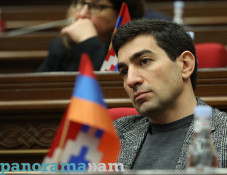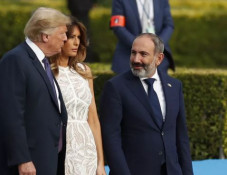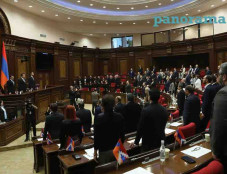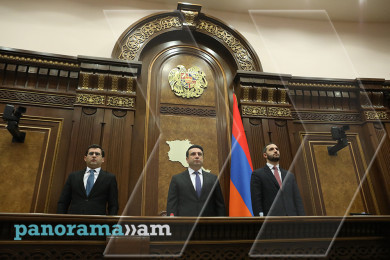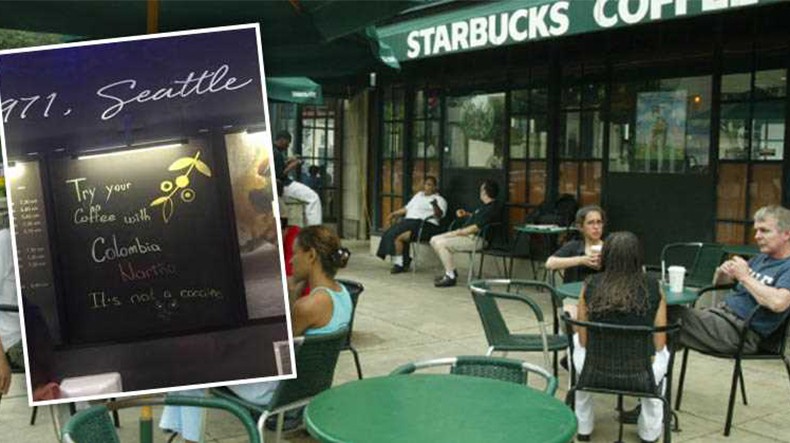
Colombian coffee insulted in Starbucks Baku – “It’s not a Cocaine”
The Colombian coffee is promoted in the Baku café of Starbucks with the phrase “It’s not a Cocaine,” which incited a strong response by the Colombian media and social media users and insulted Andrés Pastrana, the former president of Colombia, who had arrived in Azerbaijan to participate in the 4th Global Baku Forum.
According to Semana, a Colombian magazine, the ex-president, who took part in several central panels in the Fourth Global Baku Forum, entered one of the Starbucks shops during his free time to find a signboard, which made him feel a “patriotic pain,” as he put it. The signboard in the shop invited the visitors to try Colombian coffee; the product, however, was marked with a description, “It’s not a Cocaine,” the magazine writes.
The former president expressed his indignation in the social networks. In a post on Twitter, Pastrana published a photo of the board, which read, “Try your Coffee with Colombia Nariño. It’s not a Cocaine.” He wrote the following description to the photo, “I feel a patriotic pain seeing how the Colombian coffee is promoted in Starbucks Azerbaijan in Baku.” Many users, including Colombian stars, expressed their protest in the comments under the tweet calling the phrase a “shame” and demanding respect for Colombia and for the Colombian coffee, which is a “great symbol” of their country.
Semana reports that Pastrana demanded that the Azerbaijani authorities took up measures as Colombia’s national product was insulted being related to a stigma, which had affected the country in the past – the tragedy of illicit drugs.
According to the magazine, the message on the signboard in the shop was soon changed. Instead of the phrase “It’s not a Cocaine,” a new one appeared as a promotion – “The coffee of your dreams.” Starbucks commented under the former president’s tweet informing that the case was under investigation. “We again deeply regret over what happened,” the company wrote.
However, according to Semana, the new message is written in Azerbaijani, which is spoken only by nine million people in the world. “Meanwhile, the hint about cocaine was in English resulting a wider reach on the international level,” the magazine highlights.
Newsfeed
Videos





